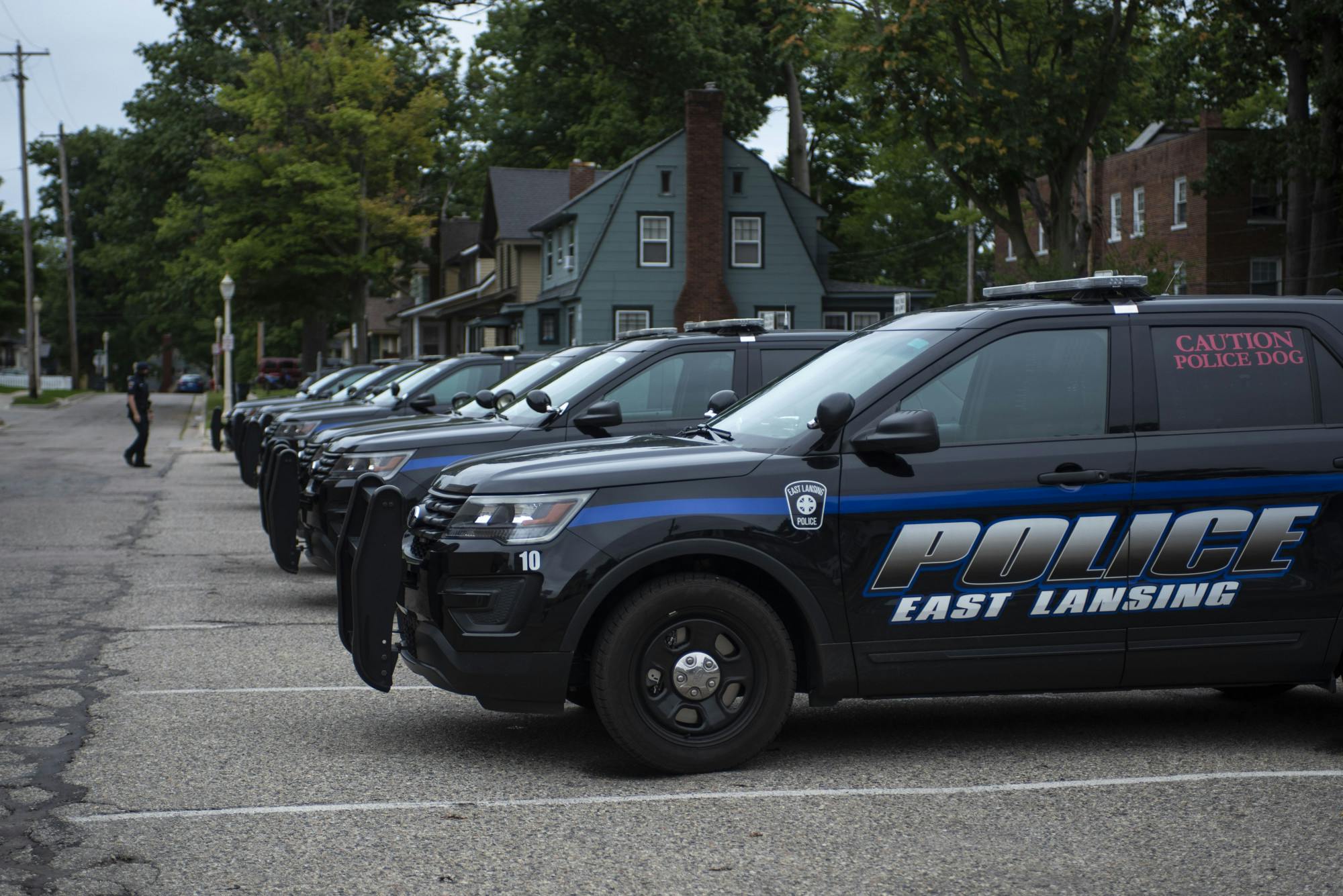In an East Lansing City Council meeting Tuesday, members of the Study Committee on an Independent Police Oversight Commission presented a report on the proposed establishment of this commission.
The Study Committee, an 11-person group meant to be representative of the East Lansing community, was assembled to examine police relations with the community. After seven months, the committee presented a report to the city council containing its recommendations on the establishment of an Independent Police Oversight Commission, an entity intended to increase accountability of the East Lansing Police Department, or ELPD, and to strengthen trust between ELPD and the community.
Christine Root, a member of the committee that has a past in political work in the anti-apartheid movement in South Africa, spoke on why so much time was spent on the research portion of the report.
Root said that when the Study Committee began, there was a lack of information about police interactions with the public. She said that the committee had no information on who was being arrested and no accurate information on the use of force by ELPD.
Root said that ELPD Deputy Chief Steve Gonzales led the committee to the Michigan Incident Crime Reporting database (MICR) which holds data on arrests entered by each Michigan Police Department. The MICR includes data on age, gender and race of those being arrested.
“The biggest takeaway from our research ... is that Black people have been consistently overrepresented in interactions with ELPD,” Root said. “This includes 24% of officer-initiated stops, 36% of arrests, and approximately 50% of use of force.”
Root also said that only 12% of Ingham County residents are Black, a number that drops to 7% in East Lansing specifically.
Cedric Heraux, a member of the Study Committee and an Associate Professor in the department of sociology and criminal justice at Adrian College, spoke about chapter IV of the report, which, according to the report, “provides an overview of national trends and standards in police accountability and independent police oversight.”
Heraux discussed the results of oversight in Denver, Colorado, a city where police oversight was given broad authority and a significant budget.
“After making a number of policy recommendations, they found that use of force went down 21% in total amount of arrests made, and more importantly, there was less violence against police officers,” Heraux said.
He also said that the most effective oversight bodies are those that make policy recommendations, as long as police departments are willing to acknowledge and respond to recommendations made by oversight bodies.
Another member of the Study Committee, Erick Williams, is an administrative law judge and an East Lansing resident of 20 years. Williams touched on one of the items of the report, the recommendation that an oversight committee would not be required to file a freedom of information request to obtain information from ELPD.
“If there’s a dispute between the police department and the commission regarding information that the police department doesn’t want to give up, the commission can go to the city council, and the city council will, by resolution, pass on that and make a decision,” Williams said.
Williams also said that the commission would not have much power and that it will need to make recommendations for change. Section 5 in Part B of the report lays out a general list of recommendations the commission is able to make, including recommendations on police training, policy and practice within the police department.
Williams referenced a past incident in which the city dropped disorderly conduct charges against East Lansing resident Uwimana Gasito.
“In the process of discovering that Gasito had what looked like a legitimate claim of police misconduct, the city dropped those charges against Mr. Gasito,” Williams said. “Our ordinance seeks to make that a more routine practice.”
Williams said that this would avoid situations in which officers may charge a suspect in order to cover up a questionable arrest.
Support student media!
Please consider donating to The State News and help fund the future of journalism.
Discussion
Share and discuss “Committee presents report, recommendations on EL policing to city council” on social media.







